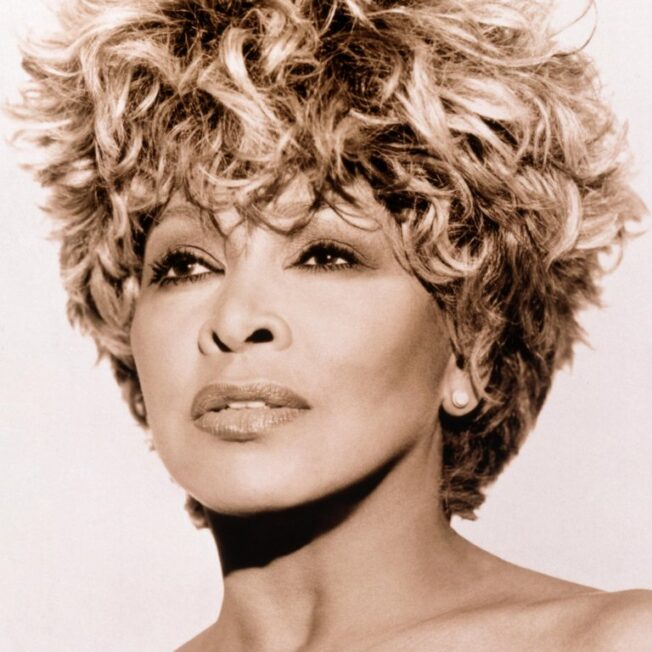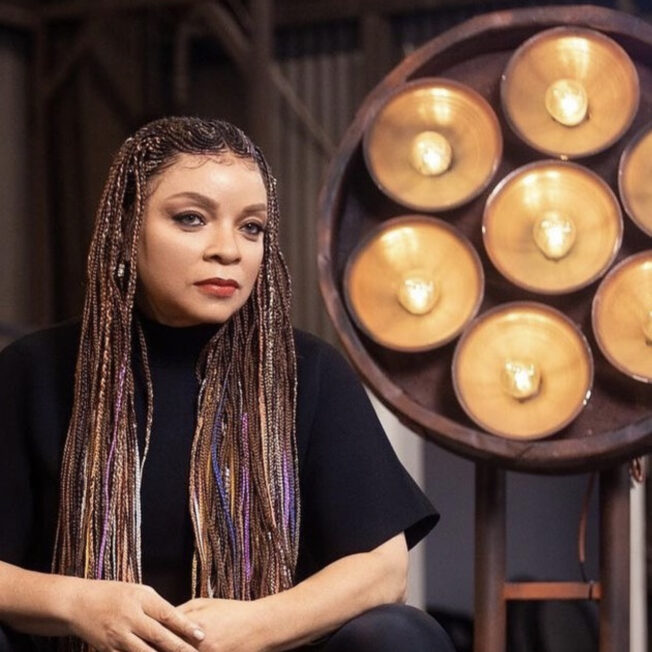Ellen DeGeneres has been dancing her way through our hearts since the early 90s by way of her comedic ventures. Through movies, television, and her stand-up career, DeGeneres has been paving the path not just for women in entertainment, but for the LGBTQ community globally.
At the 77th Annual Golden Globes ceremony, the 61-year-old actress was honored with the second Carol Burnett Award (the first went to Carol Burnett herself last year) for her contributions to television both on and off of the screen. Through her late ‘90s eponymously titled and ground-breaking sitcom, Ellen, various cameos across movies (Coneheads and Finding Nemo, to name a few) and wildly successful daytime talk show The Ellen DeGeneres Show that’s now in its 17th season, her accomplishments are innumerable.
Saturday Night Live’s Kate McKinnon introduced DeGeneres and presented her with the award, giving a heartfelt speech about her constant advocacy and inspiration for the LGBTQ community. McKinnon got candid about being gay in Hollywood and how DeGeneres’ influence helped her understand herself as well as provided representation for other LGBTQ people within television and movies
“In 1997, when Ellen’s sitcom was in the height of its popularity, I was in my mother’s basement lifting weights in front of the mirror and thinking, ‘Am I gay?’” the actress said. “And I was, and I still am. But that’s a very scary thing to suddenly know about yourself. It’s sort of like doing 23andMe, and discovering that you have alien DNA. And the only thing that made it less scary was seeing Ellen on TV.”
The Saturday Night Live star added, “She [DeGeneres] risked her entire life and her entire career in order to tell the truth, and she suffered greatly for it.”
McKinnon revealed that without seeing DeGeneres on TV, she thought she would never be able to make it in entertainment or see herself on TV.
“So thank you, Ellen, for giving me a shot,” she finished her speech and ode to the comedian and long standing host. “A shot at a good life, and thank you also for the sweater with a picture of the baby goat on it.”
DeGeneres responded to the honor in her typical manner, marrying comedy with her usual heartfelt and humble manner. The actress and comedian said she just wanted to make people laugh and feel good, whether they were going through a tough time or were working through sickness.
“But the real power of television for me is not that people watch my show, but that people watch my show and then they’re inspired to go out and do the same thing in their own lives,” she said. “They make people laugh or be kind or help someone that’s less fortunate than themselves. That is the power of television, and I’m so, so grateful to be a part of it.”
DeGeneres famously came out on television in two big ways, both involving Oprah Winfrey. She came out as a lesbian on The Oprah Winfrey Show in 1997 as a guest. In the fourth season of self-titled sitcom, her character came out to her therapist who was played by none other than Winfrey. Backlash followed after the episode, leading to death threats as well as conservative groups calling for advertisers to stop televising their ads during Ellen, and even prompted ABC to add “adult content” warnings before each episode from then on.. Despite being the highest-rated episode of the show, its ratings fell throughout its fifth season and was ultimately canceled in 1998.
The impact DeGeneres has had on society may go unnoticed, but as pointed out by former President Barack Obama while giving her the Medal of Honor in 2016, it’s easy to forget how far society has come in such a short period of time
“It’s easy to forget now, when we’ve come so far, where now marriage is equal under the law—just how much courage was required for Ellen to come out on the most public of stages almost 20 years ago,” he said.
A 2015 study by Variety revealed DeGeneres’ impact on on Hollywood as well as Americans’ attitudes towards gay rights. In response to which television shows with gay or lesbian characters had an effect on the respondents’ change in views on the LGBTQ community, a majority cited DeGeneres and her talkshow over any other public figures.
The ripple effect since her “coming out” in 1997 has been immeasurable on society. At the time, her career was deemed over. But now, well over two decades later, DeGeneres is on top of the world (or at least, the entertainment world), with no plans on stopping.





















